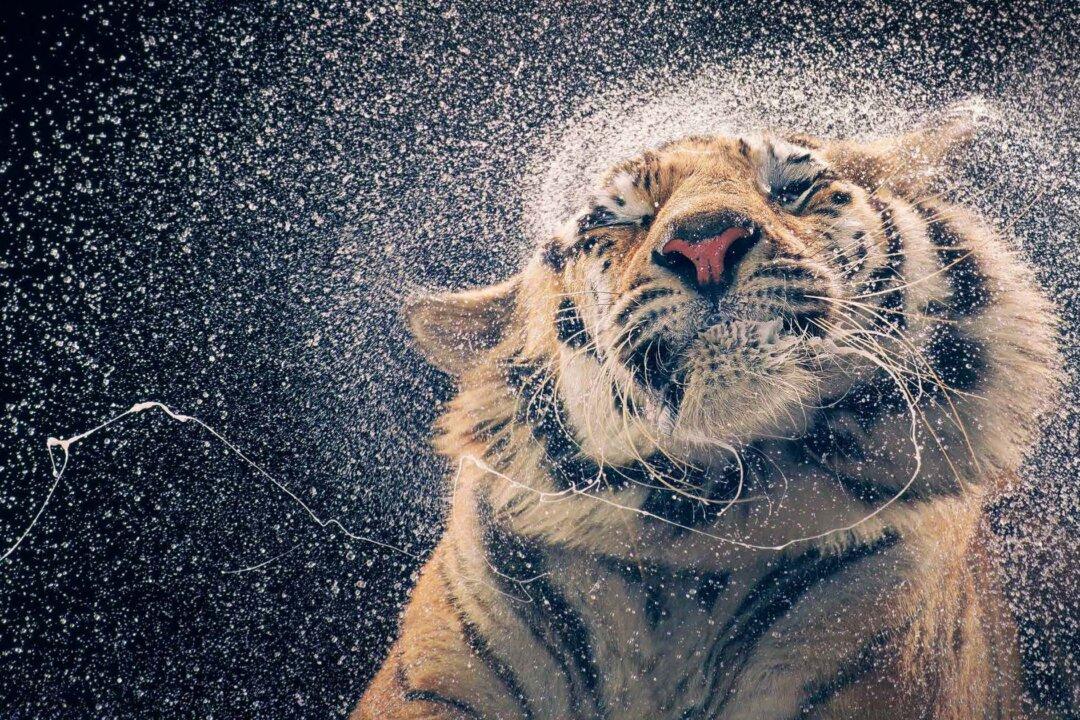Disclaimer: This article was published in 2022. Some information may no longer be current.
British photographer Tim Flach trains his camera lens on some of the most endangered animals on Earth.

British photographer Tim Flach trains his camera lens on some of the most endangered animals on Earth.